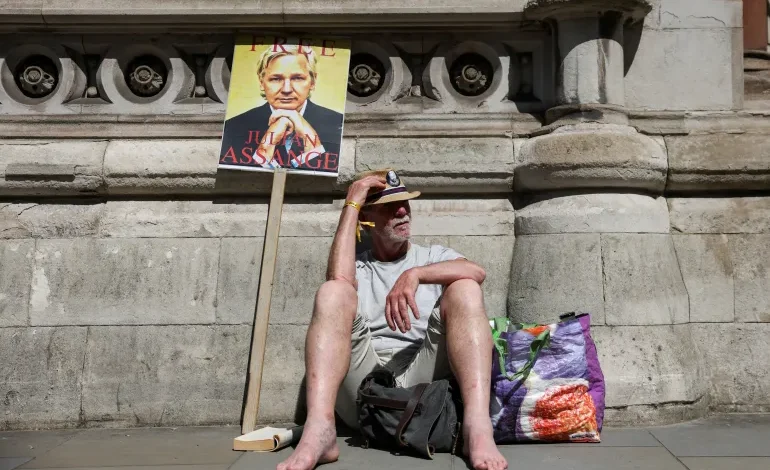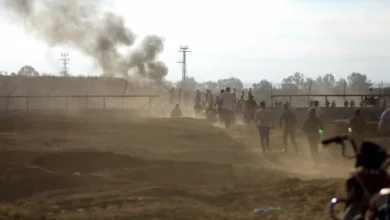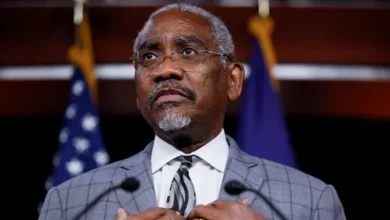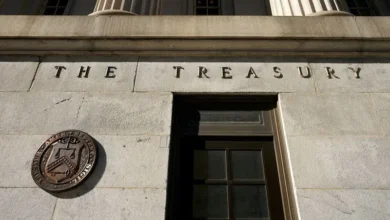UK ruling on Assange extradition ‘resets the game’. What happens next?

Legal experts are voicing hope and caution after London’s High Court ruling this week allowed WikiLeaks founder Julian Assange to appeal his extradition to the United States.
“They have not made a finding either way as to their merits, only that there were suitable questions for further determination.”
Assange’s team has argued that he could face a prejudicial trial process or the death penalty if extradited.
Monday’s decision did not guarantee protection from extradition, and did not mean the court accepted these arguments, Rothwell said. But there was a victory in the reversal of a March 26 ruling, which might have allowed the extradition.
“The only ‘win’ here for Assange is that he was granted leave to appeal,” said Rothwell.
The High Court had sought written assurances from the Virginia court where Assange would stand trial that the Australian national would be accorded the same rights as a US citizen under the First Amendment, which protects free speech and freedom of the press.
“If assurances are given, then we will give the parties an opportunity to make further submissions before we make a final decision on the application for leave to appeal,” said Justice Jeremy Johnson in his official decision (PDF) at the time.
Justice Johnson was one of the two judges in Monday’s decision to allow the appeal, along with Justice Victoria Sharp.
“[The decision] resets the game,” said Andreas Takis, a human rights lawyer and president of the Hellenic League for Human Rights, a nongovernmental body.
“This may be a slender victory but it opens possibilities that are critical – because Assange gives the impression of being an apostle for human rights rather than a malicious actor against the interests of the United States,” Takis told Al Jazeera.
“The fact that the US wasn’t prepared to offer written assurances made the British judges sceptical about [Assange’s] fate.”
Assange’s wife, Stella, welcomed the news.










